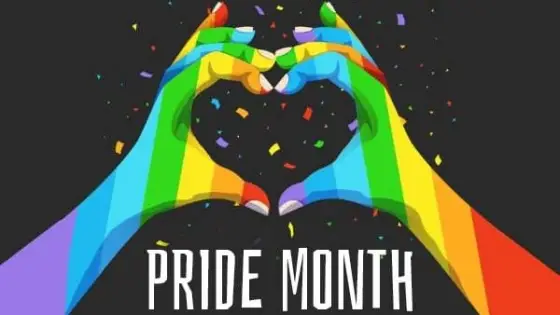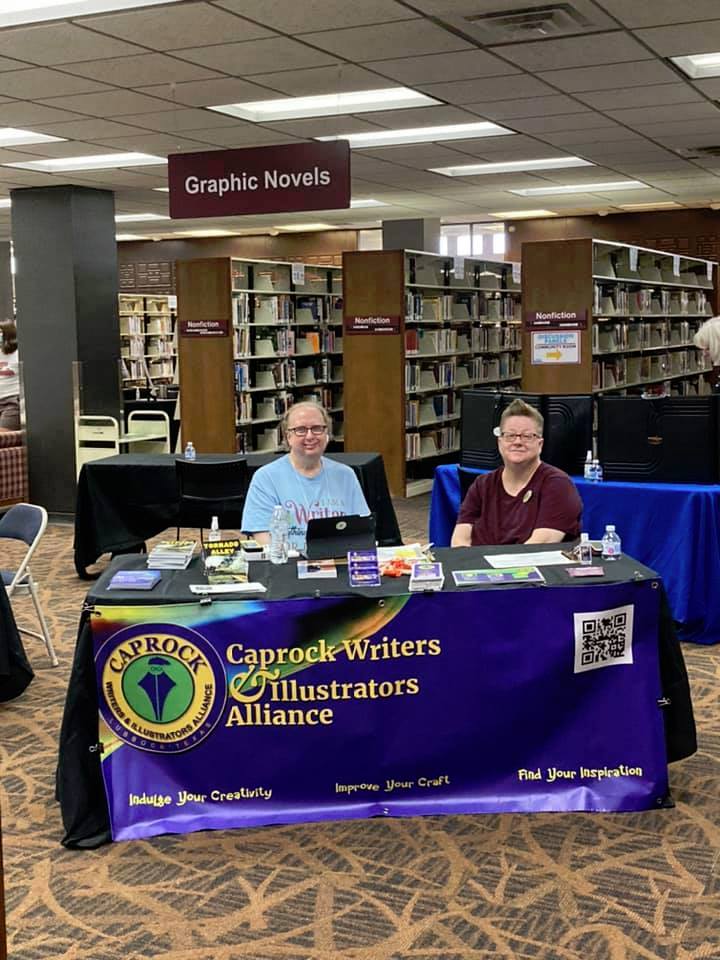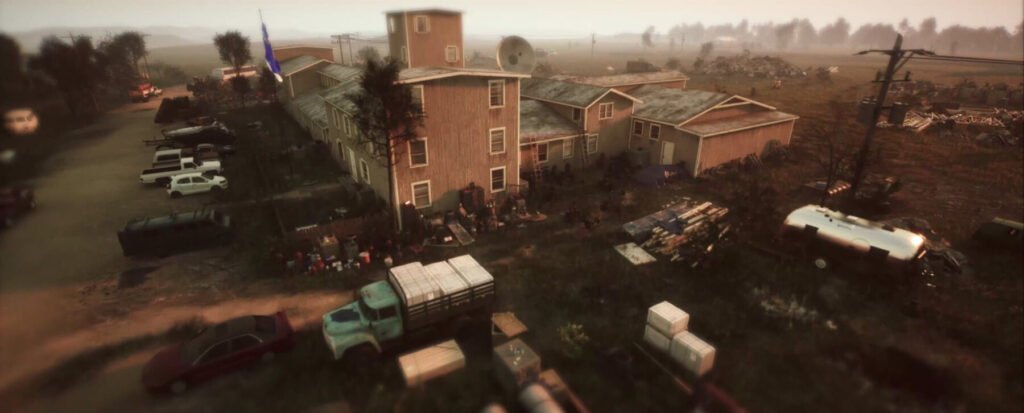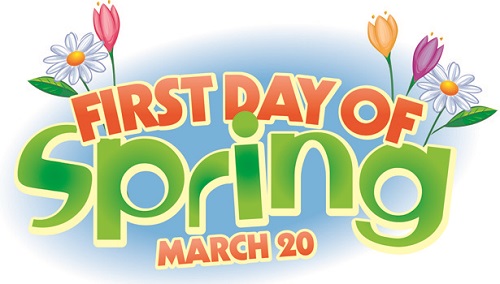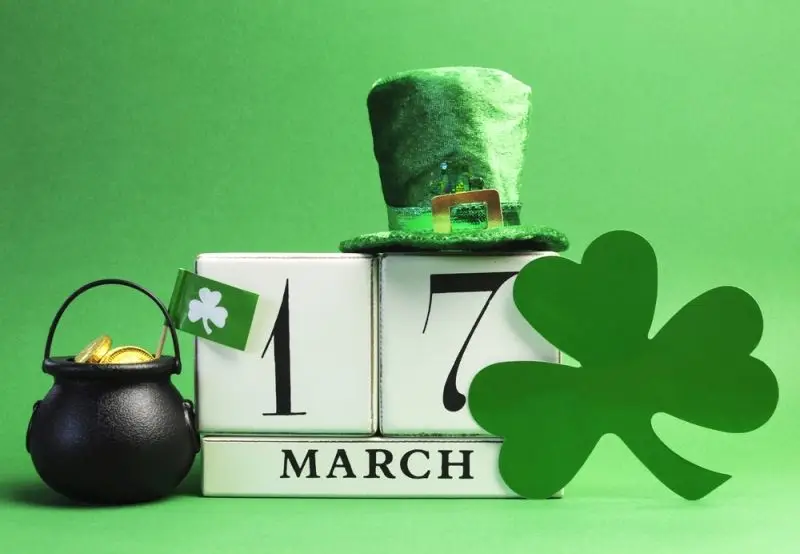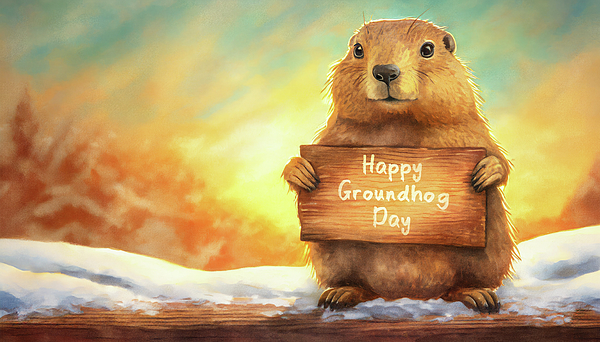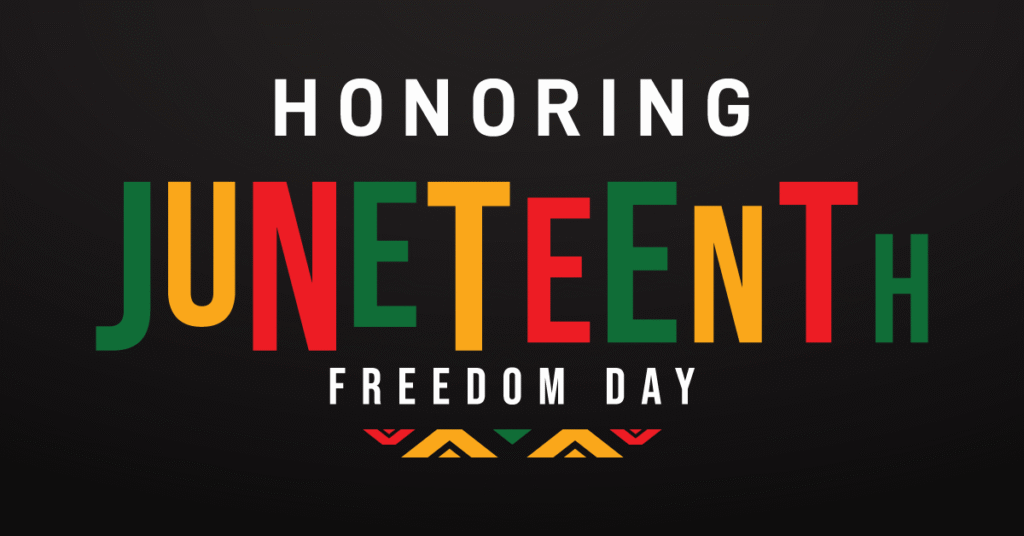
Juneteenth: A Celebration of Freedom and Resilience
Juneteenth, observed on June 19, marks a pivotal moment in American history—the day in 1865 when enslaved Black Americans in Galveston, Texas, finally learned of their freedom, more than two years after the Emancipation Proclamation was signed.
The History Behind Juneteenth
On January 1, 1863, President Abraham Lincoln issued the Emancipation Proclamation, declaring enslaved people in Confederate states free. However, due to the ongoing Civil War and resistance from slaveholders, many enslaved individuals remained unaware of their freedom. It wasn’t until June 19, 1865, when Union General Gordon Granger arrived in Galveston with 2,000 troops and issued General Order No. 3, that the last enslaved people in Texas were officially freed.
The Evolution of Juneteenth Celebrations
The first Juneteenth celebrations began in 1866, with prayer gatherings, feasts, and community events. Over time, the holiday spread beyond Texas as Black families migrated across the country. In 1980, Texas became the first state to recognize Juneteenth as an official holiday, and in 2021, it was designated as a federal holiday.
How Juneteenth is Celebrated Today
Juneteenth is a time for reflection, education, and celebration. Communities across the U.S. honor the day with parades, festivals, concerts, and historical exhibits. Traditional foods like barbecue, red velvet cake, and hibiscus tea symbolize resilience and joy. Many also use the day to discuss Black history, achievements, and ongoing struggles for racial justice.
Juneteenth in Lubbock, Texas
In Lubbock, Juneteenth is celebrated with a week-long series of events, including a parade, gospel night, game nights, and fireworks. The city’s festivities bring together people of all backgrounds to honor the legacy of freedom and unity.
Why Juneteenth Matters
Juneteenth is more than just a holiday—it’s a reminder of the resilience, strength, and contributions of Black Americans. It encourages education, reflection, and action to ensure that freedom and equality are upheld for all.
As we celebrate Juneteenth, let’s take time to learn, uplift, and honor the sacrifices and triumphs that have shaped our nation.

